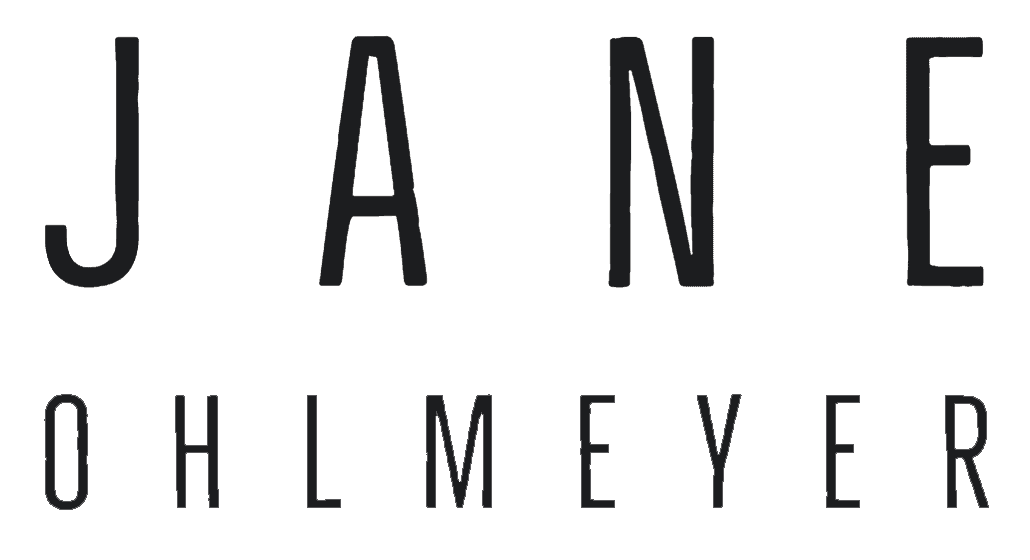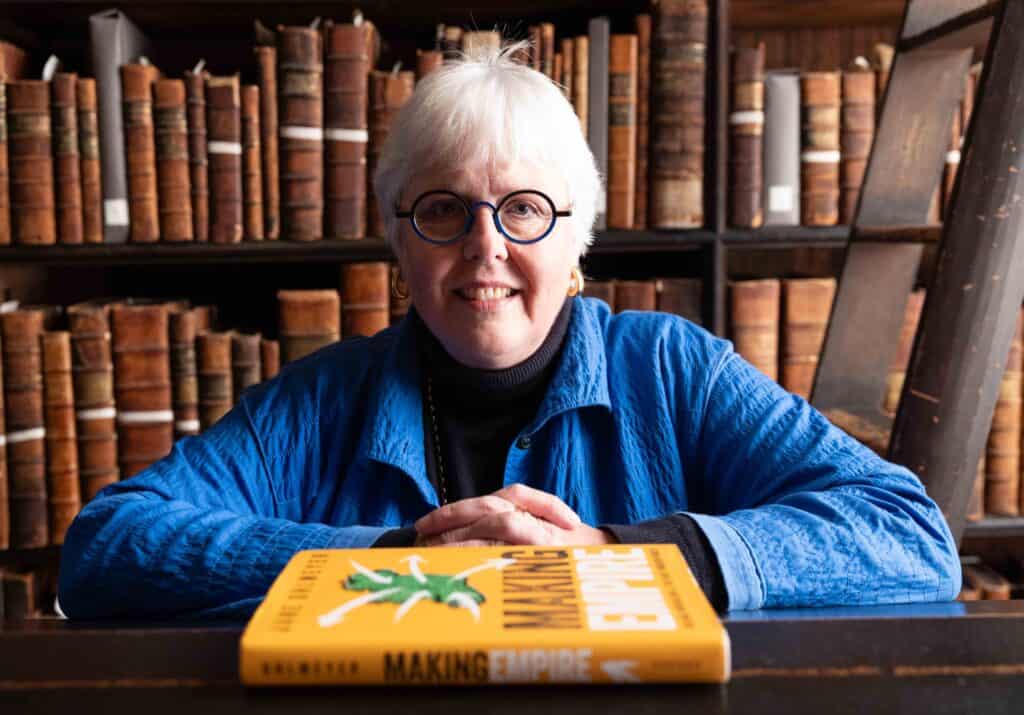Empire and imperial frameworks, policies, practices, and cultures have shaped the history of the world for the last two millennia. It is nation-states that are the blip on the historical horizon. This book re-examines empire as a process – and Ireland’s role in it – through the lens of early modernity. It covers the two hundred years, between the mid-sixteenth century and the mid-eighteenth century, which equates roughly to the timespan of the First English Empire (c.1550- c.1770s).
In a review of the book in the Irish Times Christopher Kissane described Jane Ohlmeyer as ‘one of the most influential Irish historians of this century’. He concluded his insightful review by suggesting ‘That is a complex history that we are still unravelling, and Ohlmeyer’s important work will, hopefully, force us to ask questions we have perhaps too long avoided. In an age of Brexit, decolonisation and renewed debates about Irish unity, such reflection is vital. Ohlmeyer recalls the words of the late Ian Paisley at the launch of the 1641 project’s exhibition atTrinity: to learn our complicated history “is to know who we are”’
Irish Times, 11 November 2023
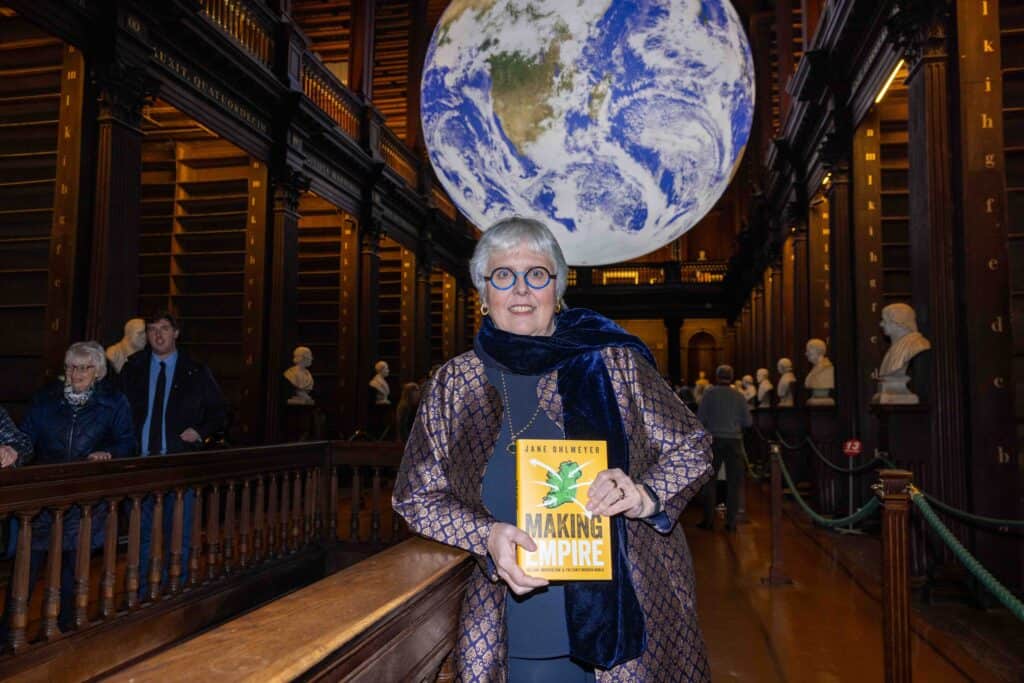
Ireland was England’s oldest colony. How then did the English empire actually function in early modern Ireland and how did this change over time? What did access to European empires mean for people living in Ireland? This book answers these questions by interrogating four interconnected themes. First, that Ireland formed an integral part of the English imperial system, Second, that the Irish operated as agents of empire(s). Third, Ireland served as a laboratory in and for the English empire. Finally, it examines the impact that empire(s) had on people living in early modern Ireland. Even though the book’s focus will be on Ireland and the English empire, the Irish were trans-imperial and engaged with all of the early modern imperial powers. It is therefore critical, where possible and appropriate, to look to other European and global empires for meaningful comparisons and connections in this era of expansionism.
What becomes clear is that colonisation was not a single occurrence but an iterative and durable process that impacted different parts of Ireland at different times and in different ways. That imperialism was about the exercise of power, violence, coercion and expropriation. Strategies about how best to turn conquest into profit, to mobilise and control Ireland’s natural resources, especially land and labour, varied but the reality of everyday life did not change and provoked a wide variety of responses ranging from acceptance and assimilation to resistance.
This book, based on the 2021 James Ford Lectures, Oxford University, suggests that the moment has come to revisit the history of empire if only to better understand how it has formed the present, and how this might shape the future.
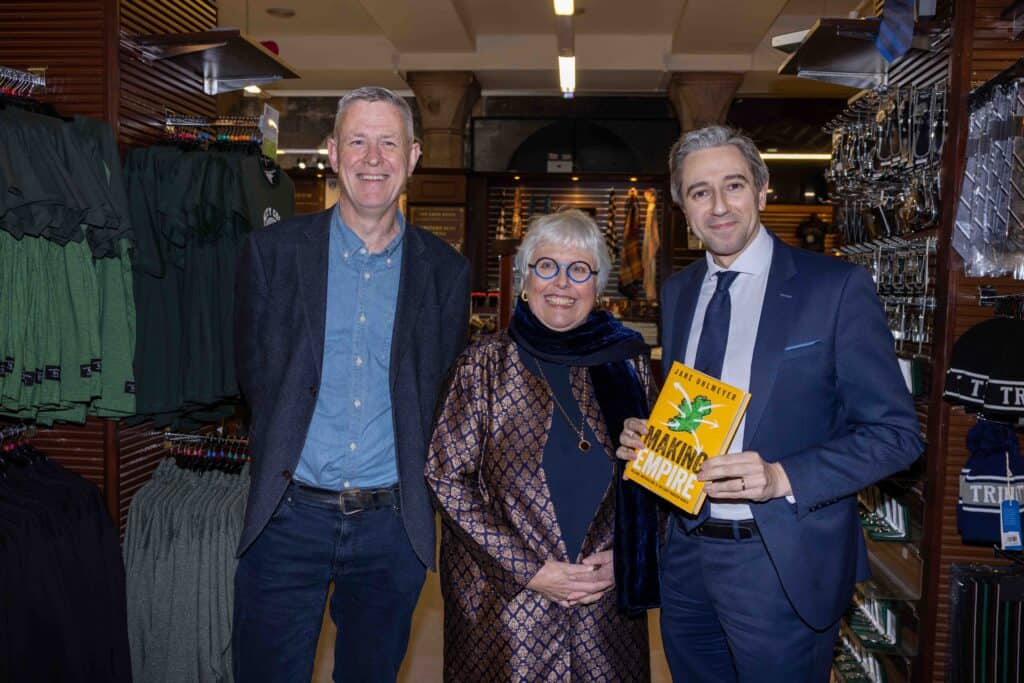
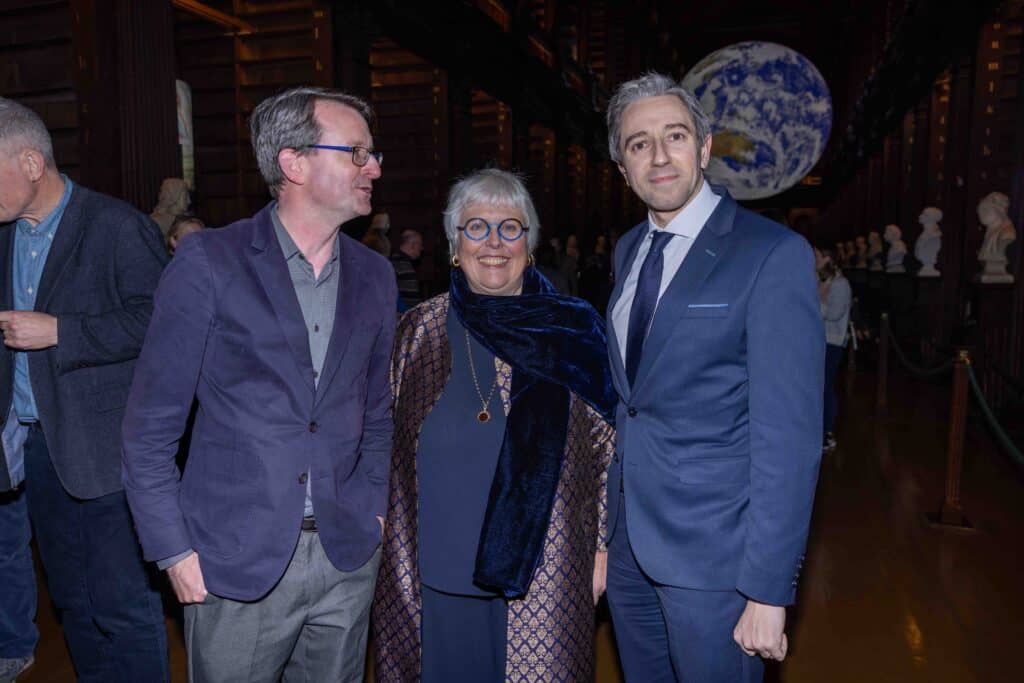
Simon Harris, Minister for Further and Higher Education, Research, Innovation and Science, launches Jane Ohlmeyer’s new book Making Empire: Ireland, Imperialism, & The Early Modern World (Oxford University Press) in the Long Room Library at Trinity College Dublin on 21 November 2023.
Read the book launch announcement on Trinity College Dublin’s website here or buy the book from Oxford University Press here.
